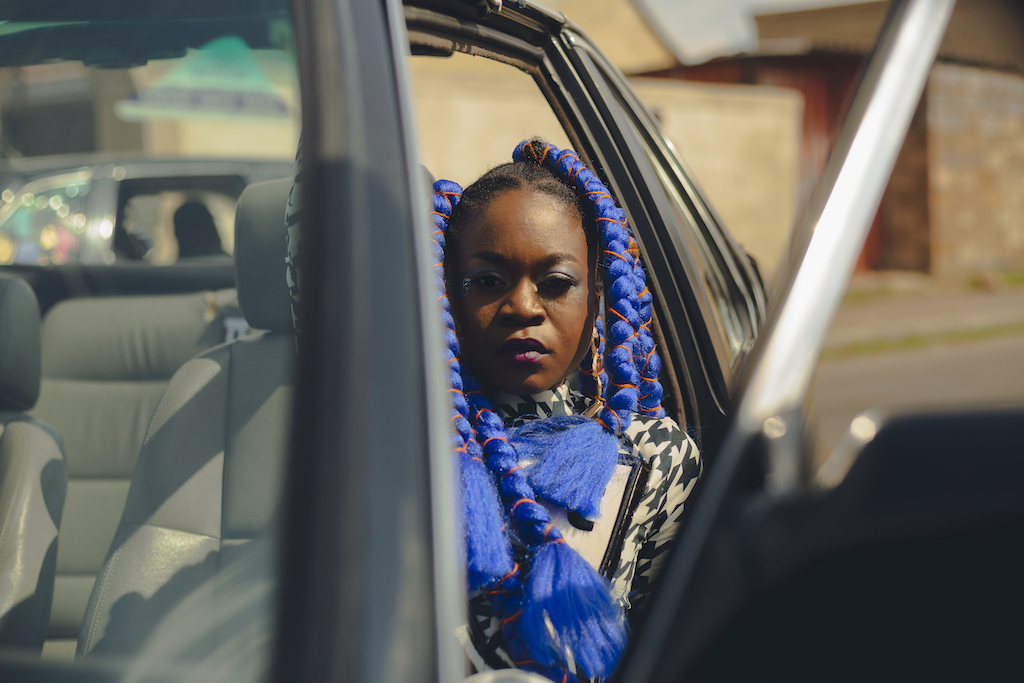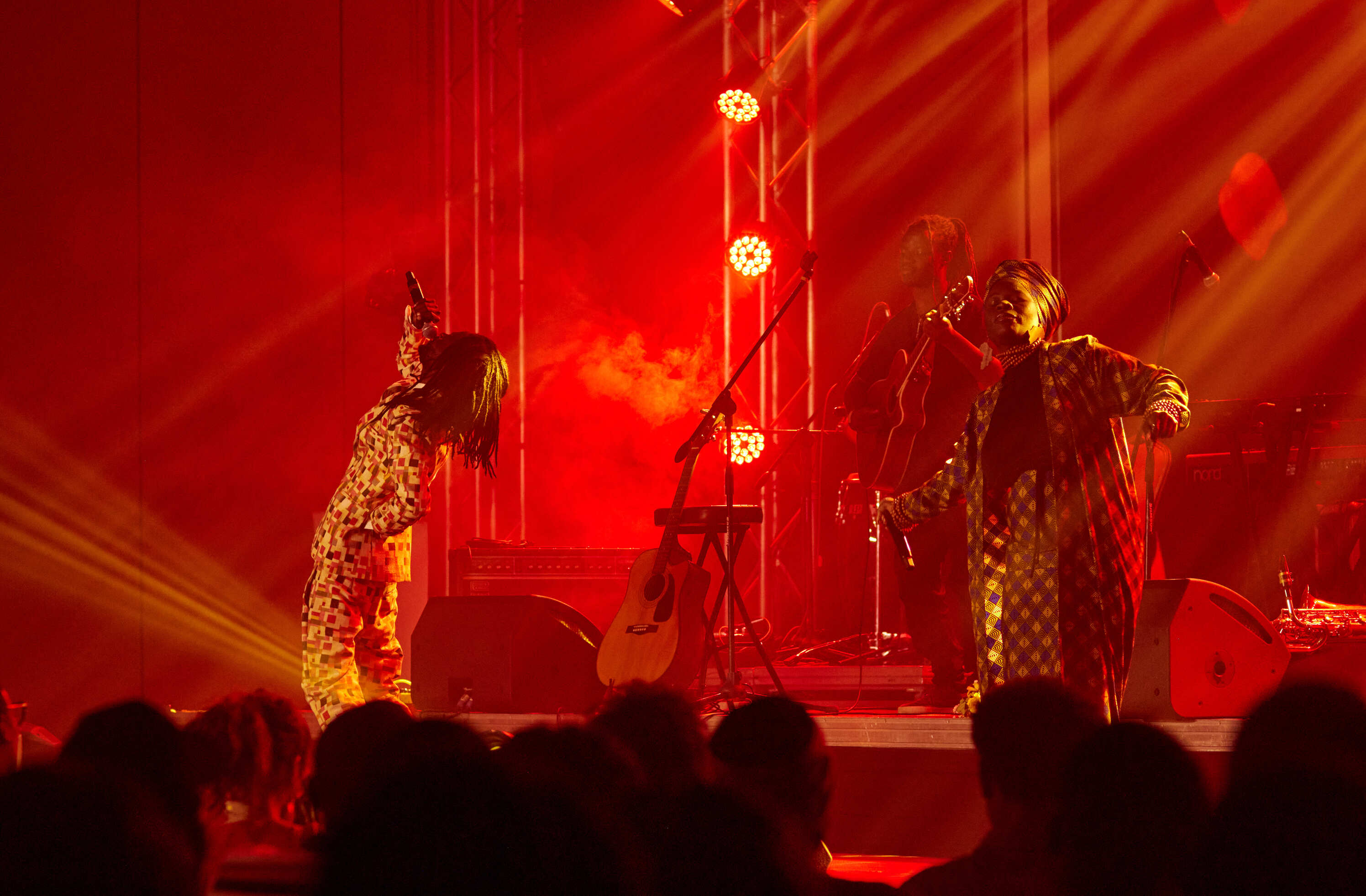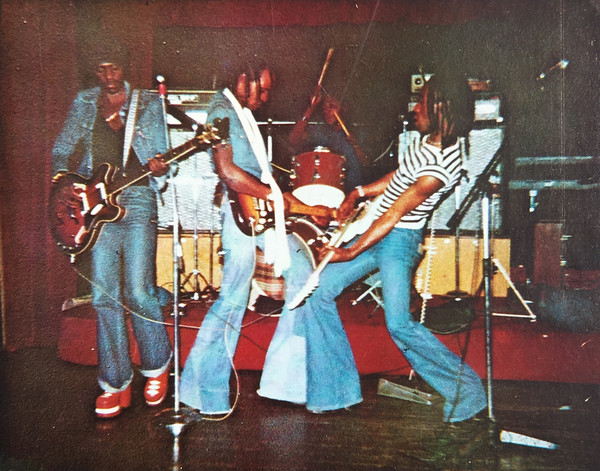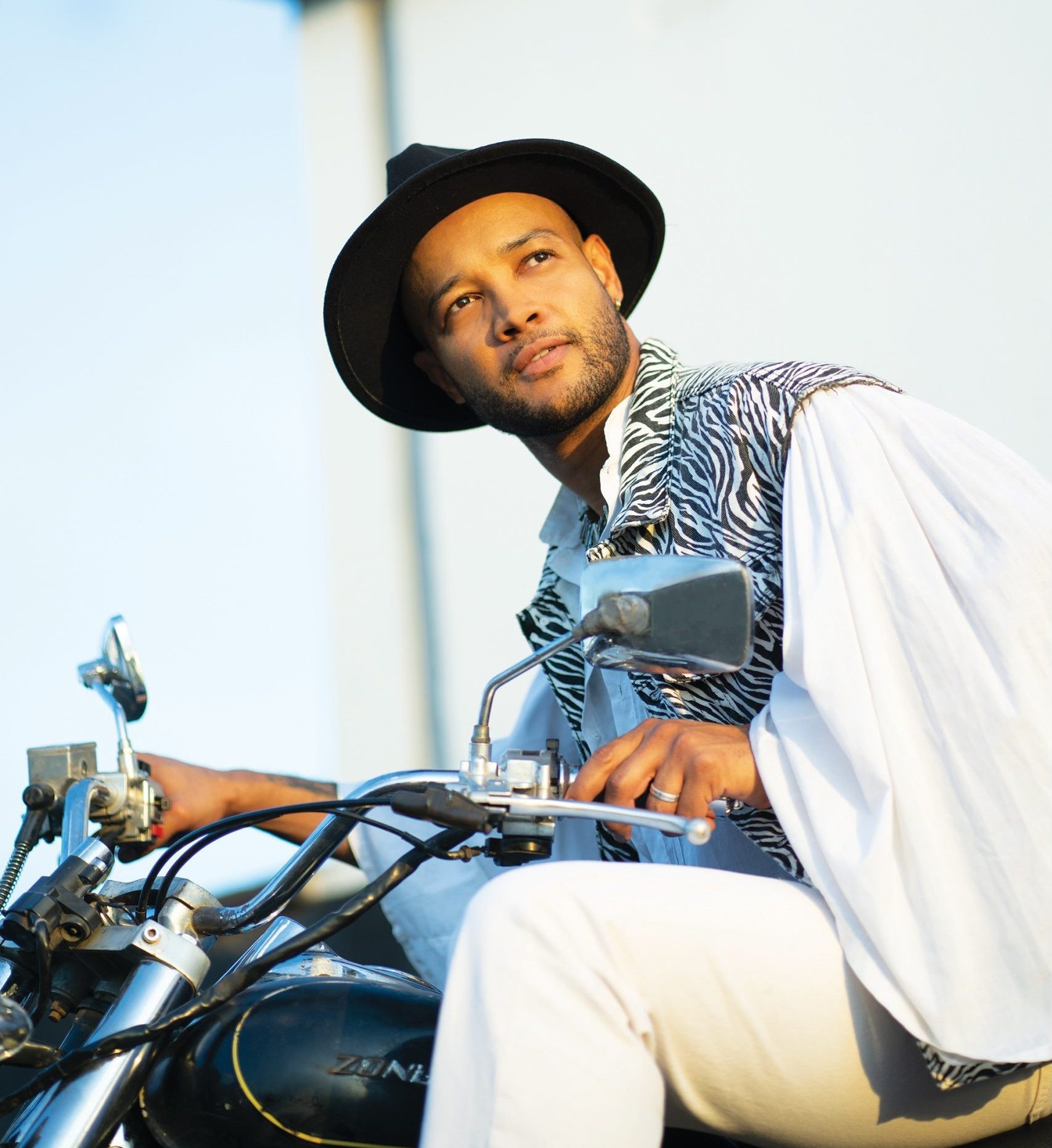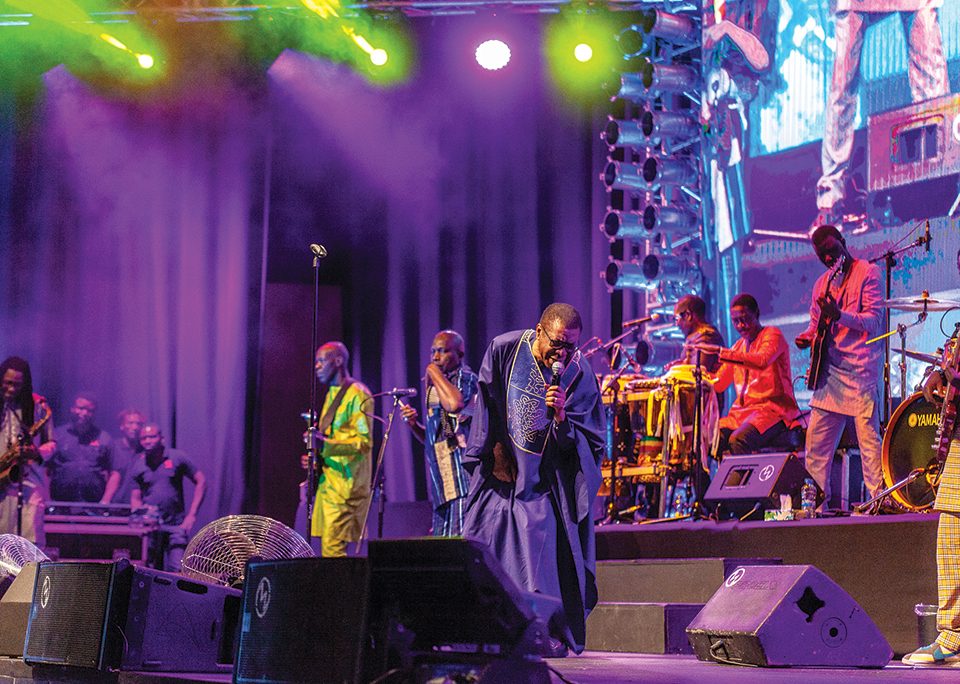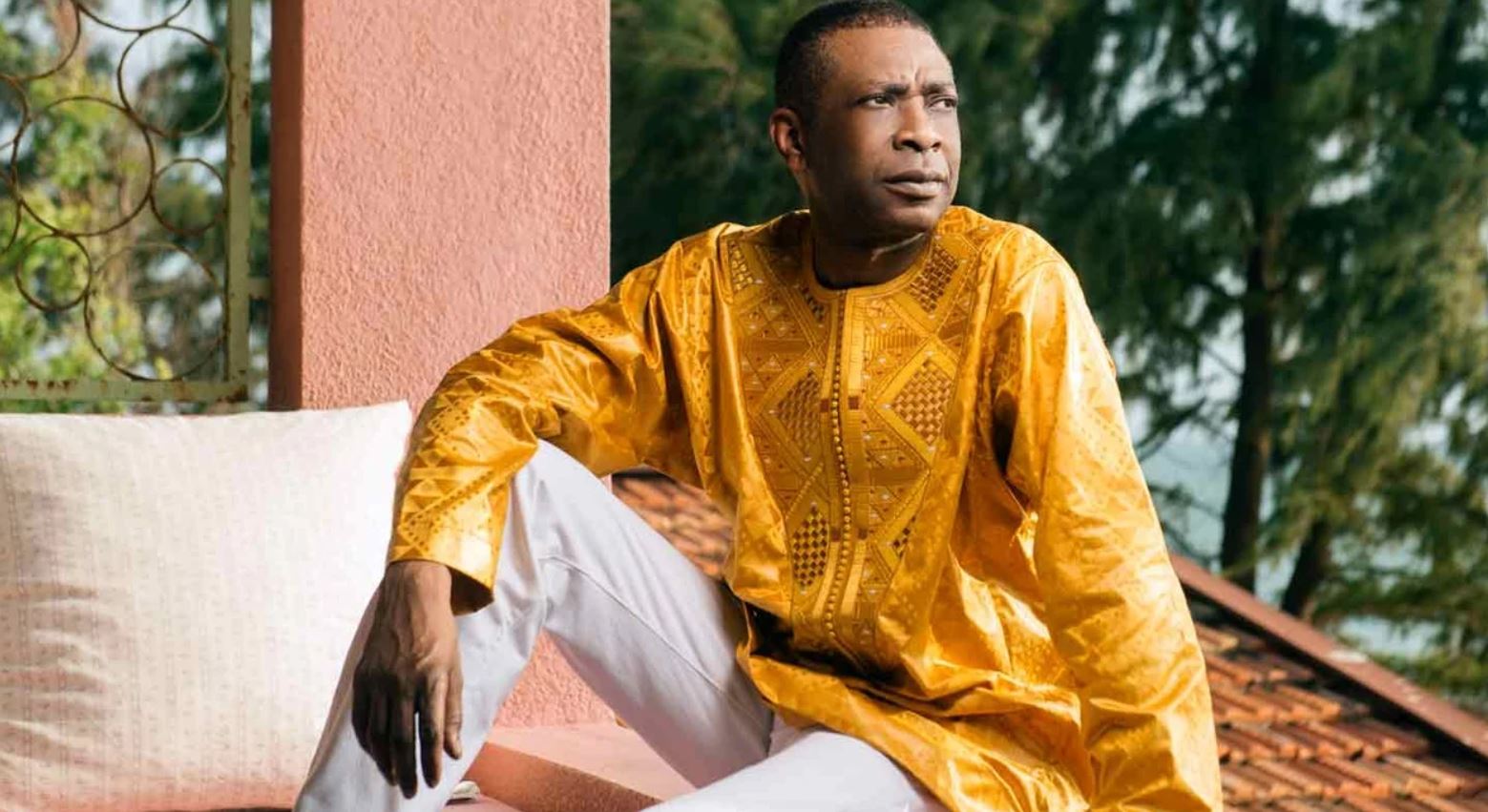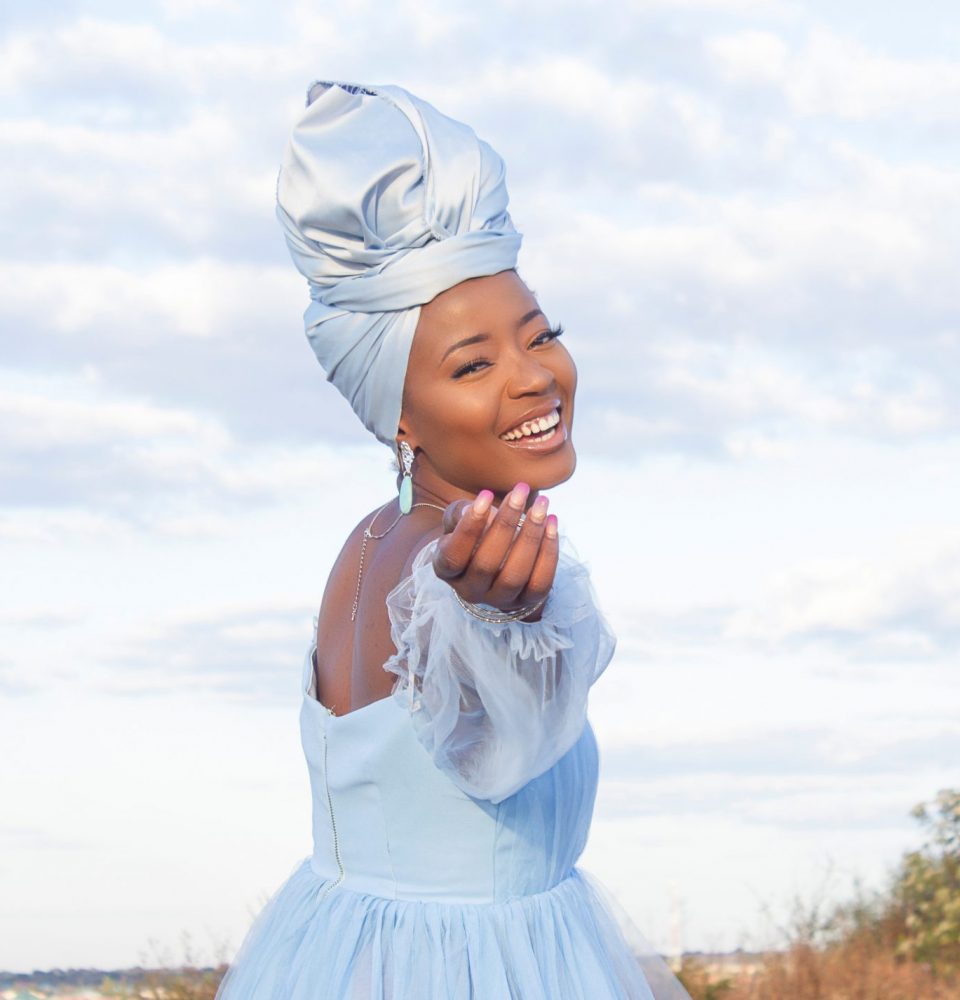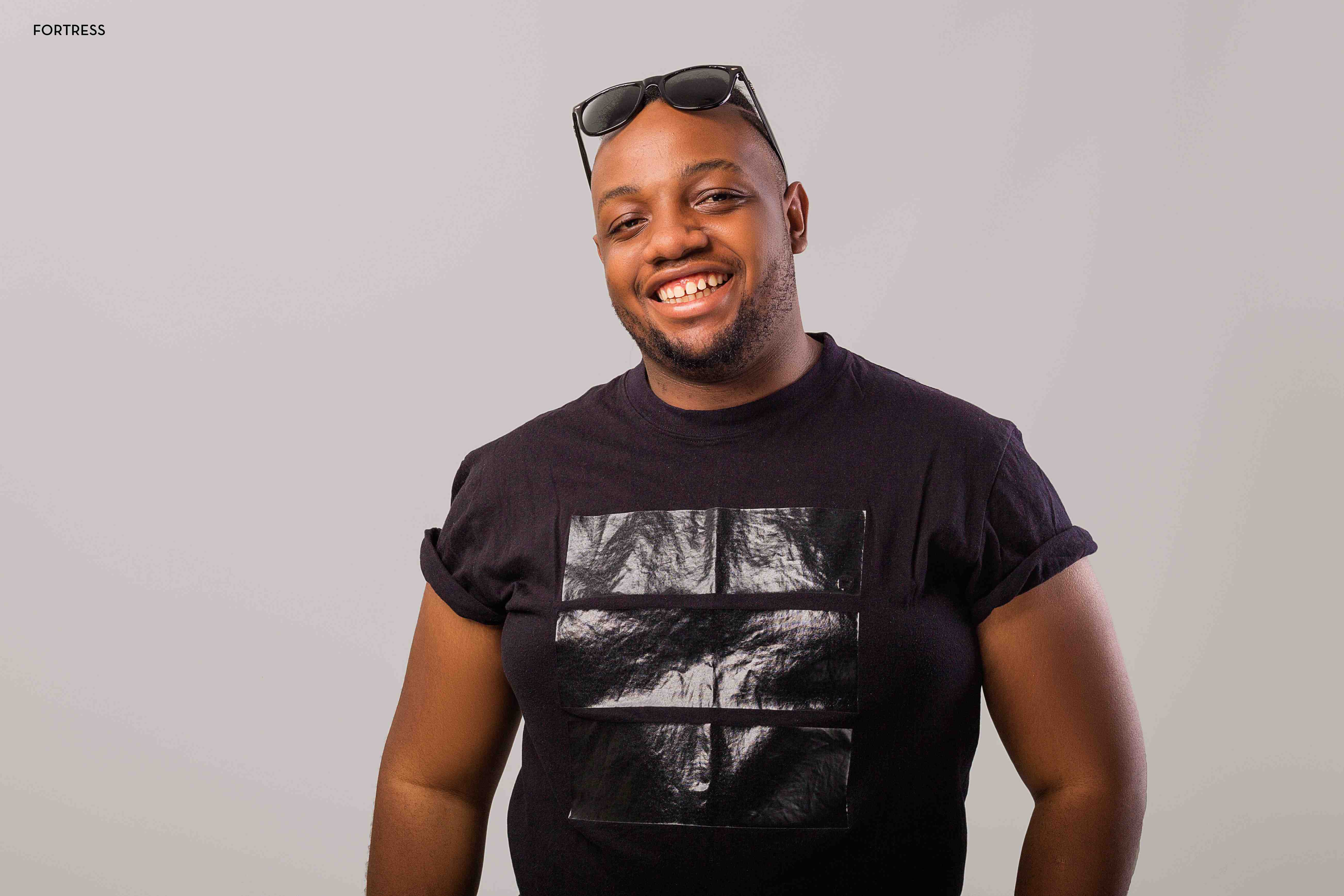Great state I’m in,
In all states I’m in
I might final form, In my melanin
‘Final Form’ – Sampa the Great
Whilst bringing an eclectic fusion of 90s hip-hop, jazz, accents of neo soul and plenty of African influences, Sampa the Great, a.k.a Sampa Tembo, is yet to show us her final form.
The rapper and songwriter has not only graced numerous stages with some of the most prolific artists such as Lauryn Hill, Kendrick Lamar, Hiatus Kaiyote, Ibeyi and Little Simz, but has also captured the hearts and minds of many across the globe including the likes of Jada Pinkett-Smith who dubbed Sampa as her “new fave artist” via twitter.
Born in Zambia, raised in Botswana and now based in Melbourne, Australia, Sampa is a citizen of the world whose music explores local language, culture and spirituality of the countries that have had a great part in making her who she is.
With her introspective and socially conscious music Sampa does more than entertain. Her lyrics and image break barriers and she has and continues to infuse black pride and unapologetic femininity in a largely white and male dominated industry. Sampa stands out in the Australian hip-hop scene in every way. She is a black, African woman making socially conscious music in an industry mostly made up of white men making feel good party music. Sampa has made an indelible mark on the Australian hip-hop scene and the world is watching.
At 18 years of age Sampa relocated from Botswana to the US with a lot of encouragement from her mother and her friend Judith.
“Judith wanted to pursue directing and was also interested in the arts and she partnered with my mum and encouraged me to apply in San Francisco. Not many women, especially black women, were doing that at the time,” Sampa reveals.
A few years later, she moved to Sydney to study audio production at the SAE Institute and met like minds at weekly hip-hop and jazz sessions. She reveals that the move to study audio production was a compromise with her father as at the time she was still a little fearful to express that what she really wanted to do was become a full time musician. However, her destiny would not be making music for others as a sound engineer.
Sampa went after what she really wanted. She released her debut mixtape The Great Mixtape in 2015 which she describes as “a search for creativity, laughter, purpose and rhythms” and went on to win the Australian Music Prize for best album – a $30,000 cash award modelled on the Mercury Prize – for her second mixtape, Birds and the BEE9 in 2017.
Sampa released her soul-searching debut album, The Return, to critical acclaim in 2019. And it was a year of return for Sampa as she visited Zambia and performed for Zambian audiences for the first time. She also filmed the music video for her hit song ‘Final Form’ in Lusaka. Sampa has performed on some of the most coveted Australian and international stages, including the Glastonbury Festival, but there was something special about performing in her native country.
“My journey is mostly about showing my most authentic story. Encompassing all the travel and people can relate to the stories from all these places. I started music overseas so it feels refreshing to be able to share that with the people where you were born, and with people who can understand it. It feels like I’m finally being seen by those who know me the most,” Sampa shares.
Sampa details that she’s never thought about having a back-up plan in the event that music didn’t work out.
“Besides the compromise with my dad. But I knew what I wanted to do. I never gave that question space in my mind,” Sampa explains.
Sampa approaches life with passion and an air of humility and looks at life’s achievements as something you must be willing to share. She describes her expressions and colloquialisms as the most Zambian thing about her.
“It’s in the expressions I use and the way I say things. Also the food that I love is very Zambian. And some of my favourite childhood memories are of playing with my cousins at my grandmother’s house on the Copperbelt. We’d always meet there during the holidays.”
Coming from a close knit family, the songwriter expresses that they are the one thing she can’t live without. One of Sampa’s sisters, Mwanje, is also an up and coming musician who is one to watch. Mwanje features on The Return.
“I can’t go a long time without seeing them or being in communication with them. My parents have taught me that you can defeat your circumstances. The life we live now is a life that is very different from what they grew up in. They have created the reality they wanted and that’s what they’ve taught my sisters and my brother and I,” Sampa says as she reflects on her family ties.
In an ideal world the life story of Sampa the Great would be narrated by author Toni Morrison. It would be a courageous tale. One of conquering of fear and being good at it, of taking a leap of faith and pursuing a career no one else in her family has ever done.
It would be a story of a shy but outspoken African creative that loves to make people laugh and enjoy life. Simply the story of greatness. The story of a young veteran, staking her claim as the new classic, as she proclaims in ‘Final Form’.
Sampa the Great is set to play one of the most prestigious events for any musician, Coachella, in April of this year. Sampa will be the first Zambian artist to grace the Coachella stage. She tells me she is looking forward to sharing the stage with artists that inspire her, including headliner Frank Ocean. She also adds, “Being able to showcase my music on such a global stage is an opportunity a lot of people don’t get and I’m extremely grateful for it. Bringing music from home to a world stage is also always exciting.”
It appears that in 2020 Sampa’s star is set to keep growing brighter.
Images by Barun Chatterjee, Priit Simon and Fabrice Bourgelle
